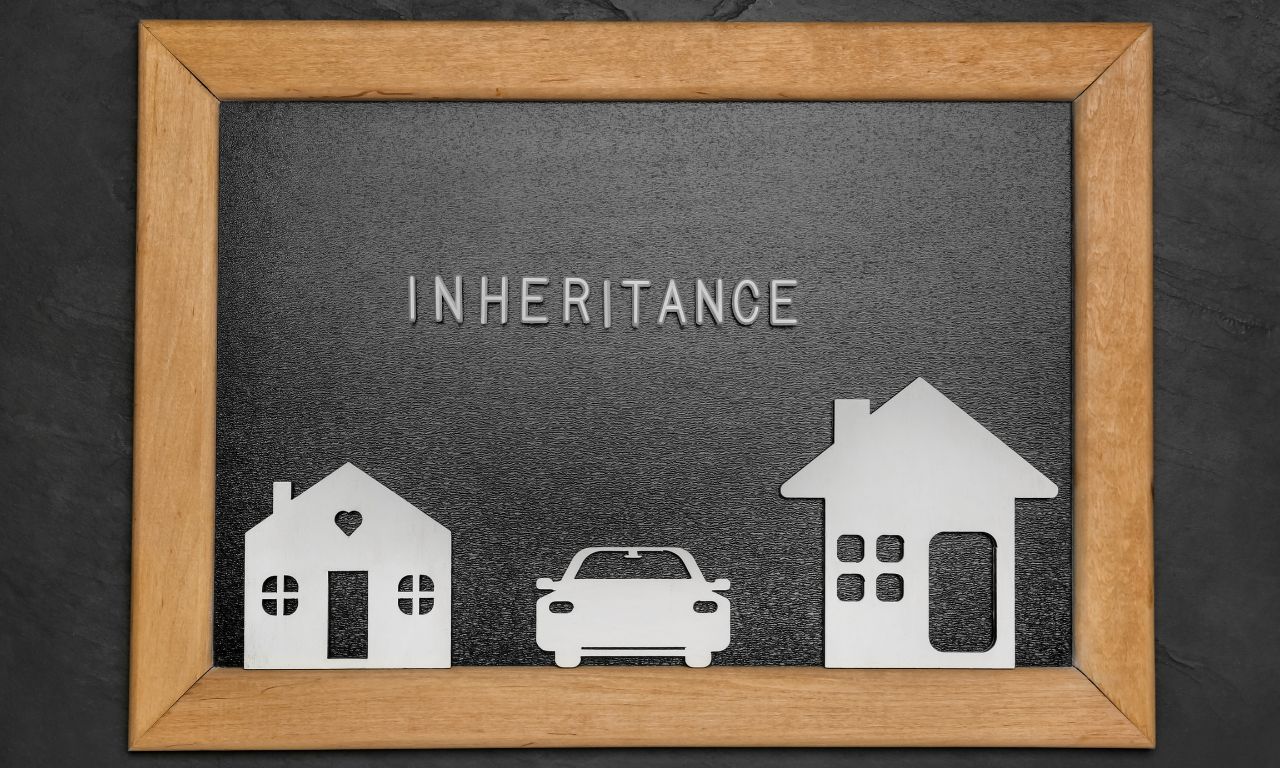Inherited Property: Essential Information

Accepting an Inherited Property
Handling an inherited property involves various tasks, including registrations, transfers, compliance, and timing. Managing real estate assets can be challenging, particularly when multiple heirs are involved. Here’s an overview of essential considerations when dealing with an inherited house.
Can You Refuse an Inherited Property?
Inheritors typically cannot select specific assets; the entire inheritance must be accepted or rejected within ten years of the owner’s death. Acceptance can also be implied when heirs take control of the property without a formal acceptance.
What Happens When You Accept an Inherited Property?
If there are multiple heirs, co-ownership is automatic, often leading to disputes. Resolution methods include transferring shares, selling to third parties, or requesting judicial division.
Responsibility for the Deceased’s Debts
Accepting an inheritance also means inheriting the deceased’s debts. Some debts, like civil and administrative penalties, do not pass to heirs. Creditors cannot seize the property if the deceased’s debts exceed the inherited assets’ value.
Inheritance Without Being an Heir
Testamentary legacies allow specific assets to be inherited without legal heir status. This is beneficial for those with extensive property to allocate. Legacies are acquired automatically but can be disclaimed. If the will suggests the property should be part of the inheritance, other heirs can claim their share.
Mandatory Declaration of Succession
A declaration of succession must be filed within 12 months from the estate’s opening when inheriting real estate properties. This requirement is applicable even if the assets have low value or if it involves properties in poor condition.
Property Transcriptions and Land Register Transfers
Transcribing new owners’ names in public property records and updating data in the land registry are two separate processes. Both can be completed electronically, but professionals often handle these complex procedures.
Renting an Inherited House with Co-Heirs
Each co-heir can independently enter into lease agreements without requiring consent from other co-heirs. This differs from selling the property, which necessitates unanimous agreement or judicial division.
Co-Heirs and the Eviction Exception
The surviving spouse of the deceased cannot be evicted from the inherited property, even if other co-heirs wish to vacate. This right of residence remains until explicitly waived.
Managing an inherited property involves legal obligations and potential complications that heirs should carefully navigate. Seek professional guidance to ensure a smooth and lawful inheritance process.
VGS Lawyers is an Italian law firm specialised in Inheritance. Please send your enquiries at info@vgslawyers.com
